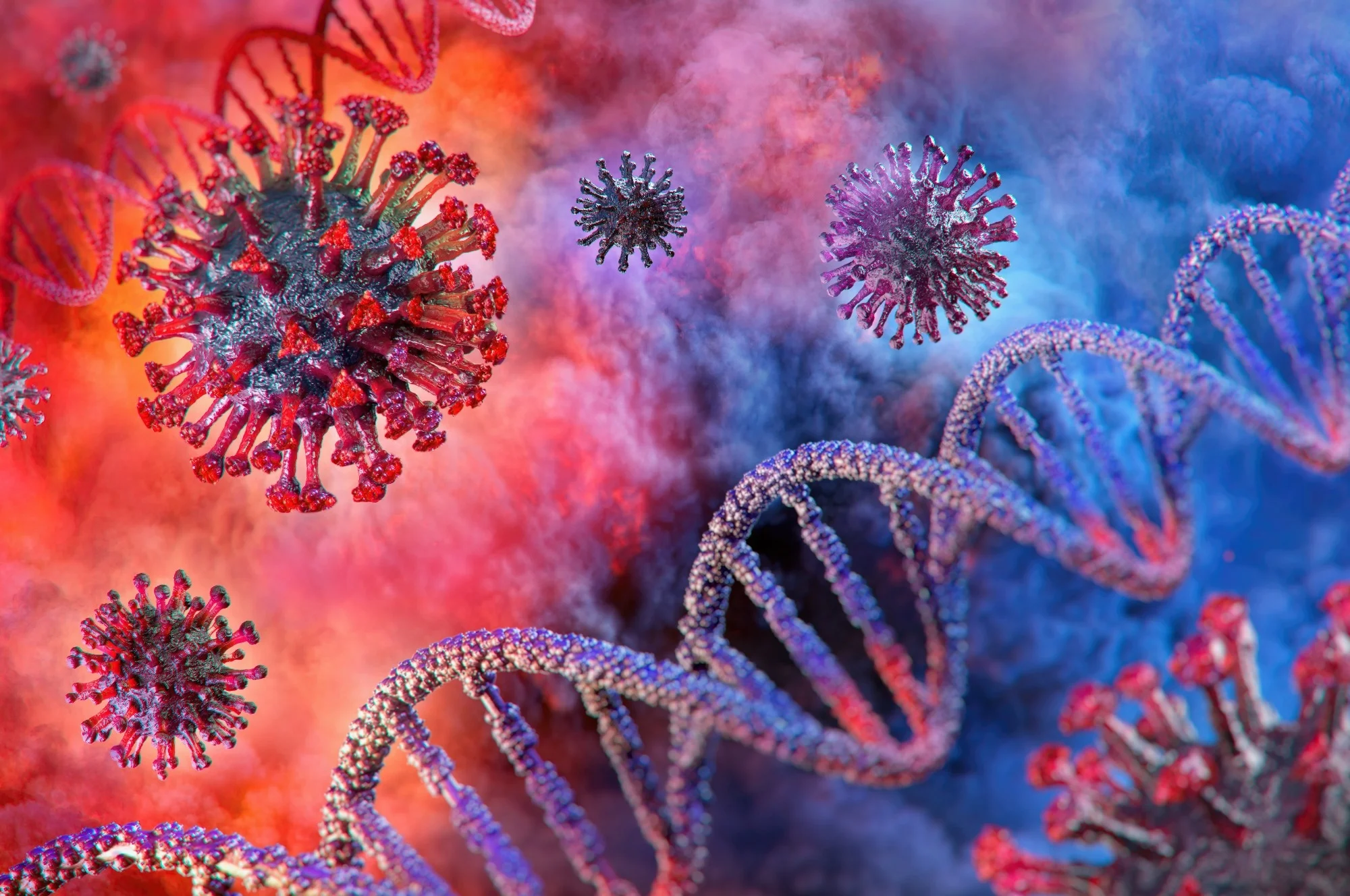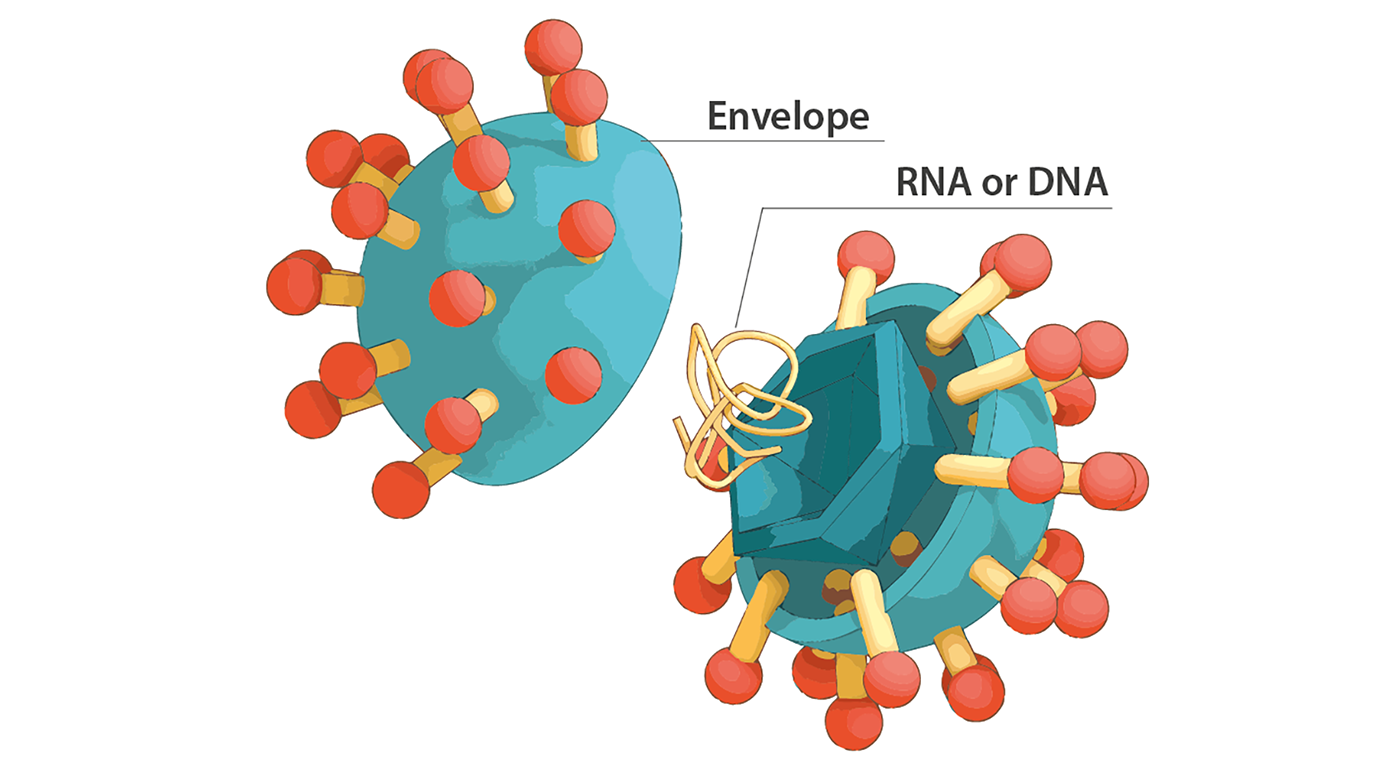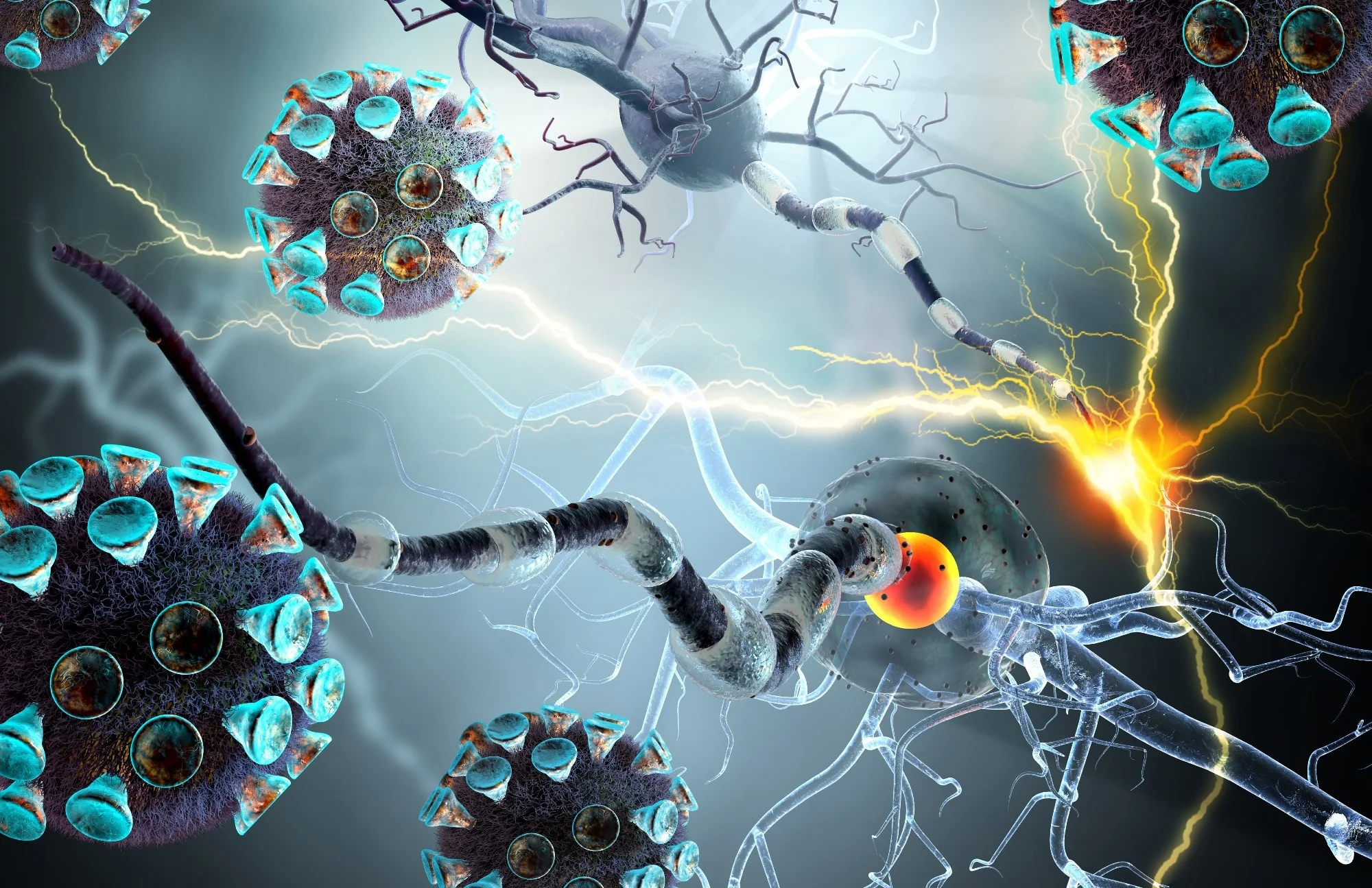The narrative around COVID-19 has been predominantly about the immediate effects of the virus and the global push towards vaccination. However, beneath the surface of recovery statistics and vaccination rates lies a complex story of how this pandemic might be reshaping our very genetic blueprint—with implications that could ripple into the realm of oncology.

COVID-19: A Catalyst for Genetic Alteration?
At the heart of this unfolding story is the revelation that SARS-CoV-2, the virus responsible for COVID-19, has the potential to integrate its gene sequences into the human genome. This discovery, stemming from a Massachusetts Institute of Technology study published in the Proceedings of the National Academy of Sciences in May 2021, suggests that the virus can leave a lasting genetic mark on its hosts.
This integration, notably into the translatable areas of genes, hints at a non-random and potentially consequential process, given that only about 2 percent of our DNA encodes for proteins that determine the structure and function of our cells. The rest, often dubbed as “dark matter,” plays a crucial role in regulating gene expression, with significant implications for disease development.
The Cancer Connection
The potential for COVID-19 to influence cancer incidence has begun to emerge through clinical observations. Case reports from Iran and Eastern Europe have detailed instances where individuals, post-recovery from COVID-19, were diagnosed with acute myeloid leukemia and a combination of melanomas and skin cancer, respectively.
These cases underscore a “concerning probable association” between the virus and elevated cancer risk, particularly blood cancers closely linked to gene alterations.
"The COVID-19 vaccine spike sequence was detected in two types of chromosomes in cancer cell lines following exposure to the COVID-19 mRNA vaccine." https://t.co/ckHbJKI3mN
— Konrad Zdanowski (@Konrad96483418) March 25, 2024
Vaccination: A Double-Edged Sword?
The conversation around the COVID-19 vaccine has been largely positive, focusing on its role in curtailing the spread of the virus.
However, a study from Lund University in Sweden, published in Current Issues in Molecular Biology, introduced a provocative angle: the possibility that mRNA vaccines, like Pfizer/BioNTech’s, could integrate into human DNA.
This integration is facilitated by a mechanism known as LINE-1, a finding that complicates the narrative of vaccines being entirely benign from a genetic standpoint.

Spike Protein: The Genetic Saboteur
Further complicating the picture is the role of the spike protein, a key component of both the SARS-CoV-2 virus and the mRNA vaccines. Research indicates that the spike protein can impair DNA repair mechanisms crucial for maintaining genetic integrity.
This impairment opens the door not only to potential vaccine DNA integration but also to a broader spectrum of DNA damage, raising questions about long-term consequences for immune function and cancer susceptibility.
Navigating the Complexities
The implications of these findings are profound, suggesting a nuanced and potentially troubling link between COVID-19, its vaccines, and cancer. While the World Health Organization and other authorities maintain the safety of COVID-19 vaccines, the emerging evidence calls for a deeper investigation into how this global health crisis might be influencing our health in unseen ways.
As science continues to unravel the long-term effects of COVID-19 and its vaccines, the priority remains clear: a balanced and informed approach to vaccination and virus mitigation, with an eye toward understanding and mitigating any potential risks that may emerge.
The journey through the COVID-19 pandemic is far from over, and as we navigate this complex landscape, vigilance, and open-minded inquiry will be our best guides.

A Call for Continued Vigilance
The intersection of COVID-19, vaccination, and cancer highlights the intricate and often unexpected ways in which global health crises can impact human biology. As we forge ahead, the need for ongoing research and dialogue has never been more critical.
Understanding the potential for viral and vaccine-related genetic alterations requires a concerted effort from the scientific community, healthcare providers, and the public. By staying informed and engaged, we can navigate these challenges with the nuance and attention they undoubtedly deserve.










